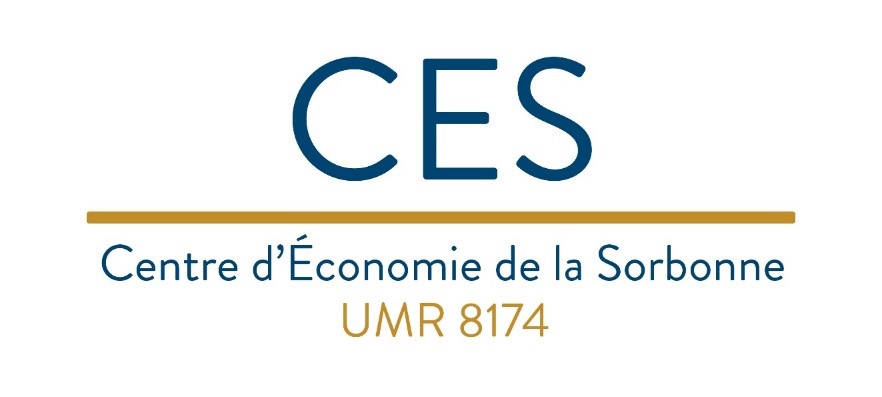Transforming social dialogue in order to accompany the ecological turning point
Transformer le dialogue social pour accompagner la bifurcation écologique
Résumé
This paper presents and discusses the idea that political democracy and social democracy must be coupled in order to successufully deal with the challenges of a necessarily radical ecological turning point. We face a double paradox here, because social dialogue nowadays is patchy and weakened, and because unions mainly relay the legitimate concerns of the workers, fearing the job losses and impoverishment risks stemming from the ecological crisis as well as from the measures implemented to address it. However it is more than ever necessary
to actively involve all the stakeholders, especially the workers. The paper argues that in order to do so, social dialogue must be enlarged and renewed. We proceeed in four steps. First, we analyse the present difficulties of the political process and suggest that overcoming them implies among others to set out a new social contract, replacing the previous fordist one. Second, we examine the concrete ways through which the actors and stakes of environment are currently introduced in the social dialogue as it is practiced in Europe, and we show that such an introduction does not come up to the challenge. Third, we introduce a theoretical perspective, enlarging the picture and focussing on
workers’ « real freedom » and on the old and new forms of scarcities that our societies confront. Fourth and last, we go back to social dialogue and discuss the important trasformations it needs in order to simultaneously foster workers’ emancipation and the ecological turning point.
Cet article explore l’idée selon laquelle un éventuel engagement dans une bifurcation écologique nécessite un couplage entre la démocratie politique et la démocratie sociale. Ce recours au dialogue social est doublement paradoxal. D’une part il est très inégalement développé, et dans l’ensemble affaibli depuis les années 1970. D’autre part, les syndicats relaient principalement des inquiétudes des travailleurs face à des menaces de pertes d’emplois et d’appauvrissement venant tant des manifestations de la crise écologique que des mesures visant à y répondre. La mobilisation de la démocratie sociale est toutefois essentielle pour associer l’ensemble des parties prenantes et notamment les travailleurs. Nous entreprenons de montrer qu’elle suppose un élargissement et un renouveau du dialogue social. L’argumentation procède en quatre temps. On revient d’abord sur les difficultés actuelles, pour montrer qu’il s’agit en fait d’établir un nouveau contrat social prenant la place de celui
qui avait été défini et mis en œuvre à l’époque du fordisme. Ensuite, on examine comment, dans le dialogue social existant, les acteurs et les enjeux écologiques sont actuellement introduits en France et en Europe, et on montre que cette introduction n’est pas à la hauteur du défi. Dans un troisième temps, on introduit une perspective théorique qui élargit la discussion en la centrant sur la « liberté réelle » des travailleurs et les formes anciennes et nouvelles de rareté auxquelles nos sociétés font face. Enfin, on revient sur le dialogue social en examinant les importantes transformations qui sont nécessaires pour mettre en appui réciproque l’émancipation des travailleurs et la transition écologique.
| Origine | Fichiers produits par l'(les) auteur(s) |
|---|---|
| licence |


